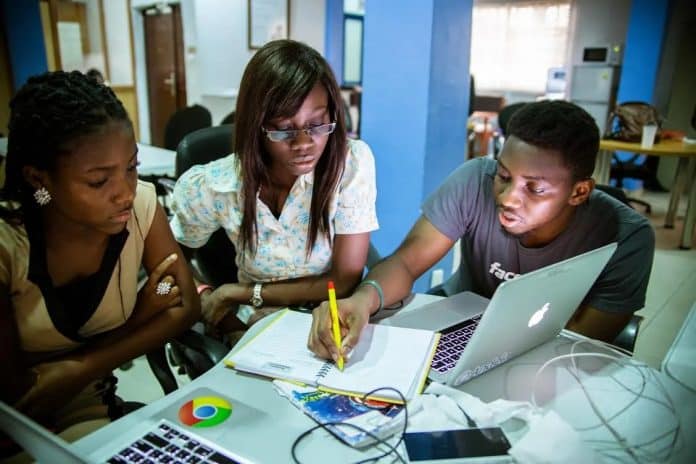Funding deals in start-ups in Nigeria and Africa, in general, are expected to rise 35% to $7 billion before the end of this year following the impressive performance in the first half of 2022, H1’22.
The huge progress is coming at the backdrop of the downturn in the overall macroeconomic space.
Led by fintech, the start-ups in the continent raised funding to the tune of $3.5 billion, almost 200% higher than the $1.2 billion recorded in the corresponding period last year.
The deals were led by fintech start-ups which in the region had continued to attract the majority of investment inflows, accounting for 89 percent of deals in the financial sector.
Analysts and experts have disclosed that if the current trend continues, fundraising will hit $7 billion this year, 35 percent more than the $5.2 billion raised in 2021.
The funds were raised by 300 companies, with 27 percent of the companies led by female founders, or having at least one female founder. This compares to 25 percent in the previous year, according to the African Venture Capital Association.
While Nigeria and other West African countries accounted for the largest share of deals by volume, East Africa recorded the most substantial growth in its share of deal volume when compared to the previous year.
The increase in investment of start-ups in Africa is largely driven by the firms raising larger amounts to expand on the continent through organic means as well as acquisitions.
Kenyan-based e-commerce firm Wasoko, a start-up transforming communities across Africa by revolutionizing access to essential goods and services, raised $125 million to expand Cote d’Ivoire and Senegal. Also, Kenyan solar fintech M-Kopa raised $75 million to expand its operations in Ghana and Nigeria.
A total of $4.7 billion in start-up deals were done on the continent in the period driven by a significant amount of fresh capital raised by fund managers in 2021, increasing interest in Africa’s venture ecosystem and overall larger ticket sizes.
Funding raised in H1 2022 saw a double increase to what was realised in H1 of 2021, 2020, 2019, and 2018 which were $1.2 billion, $531 million, $454 million, and $169 million respectively.

